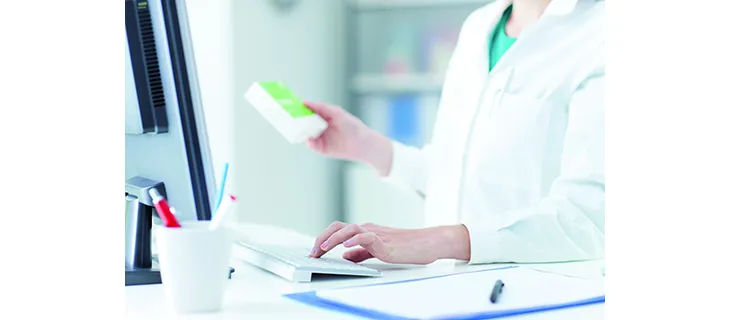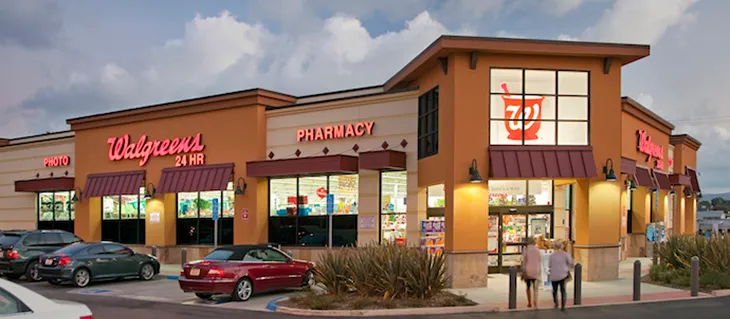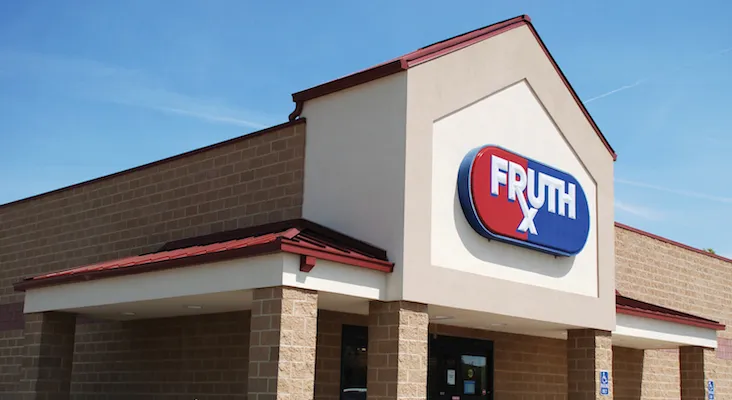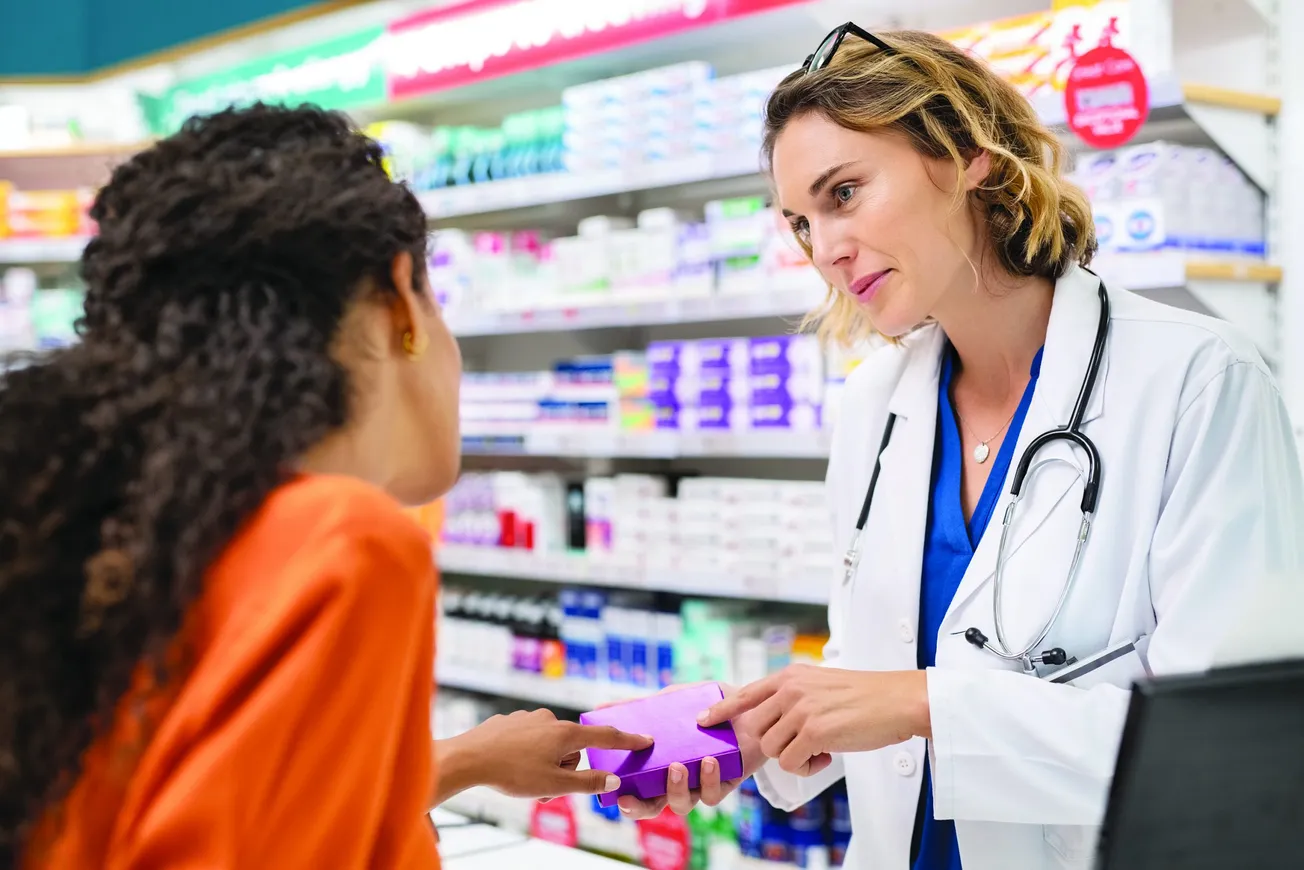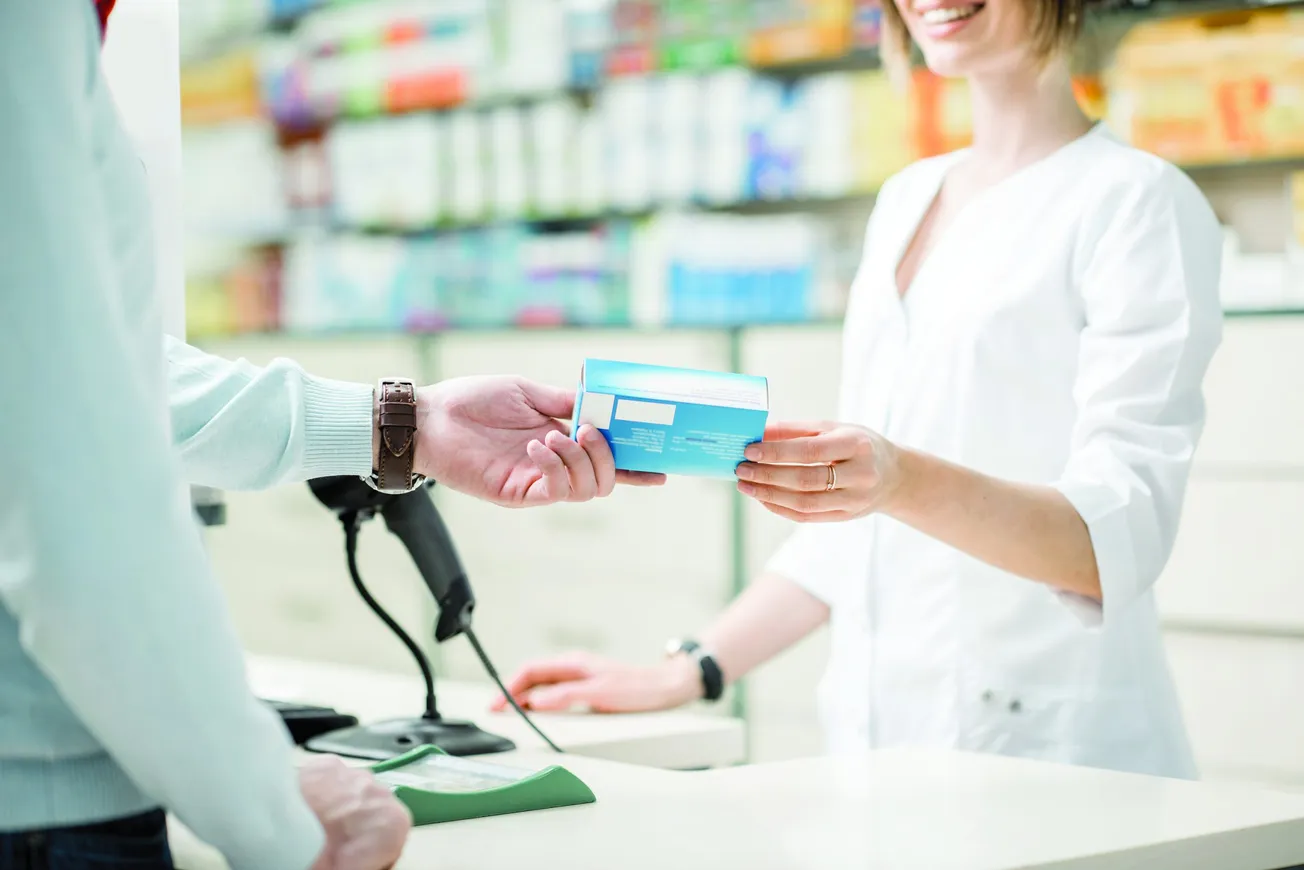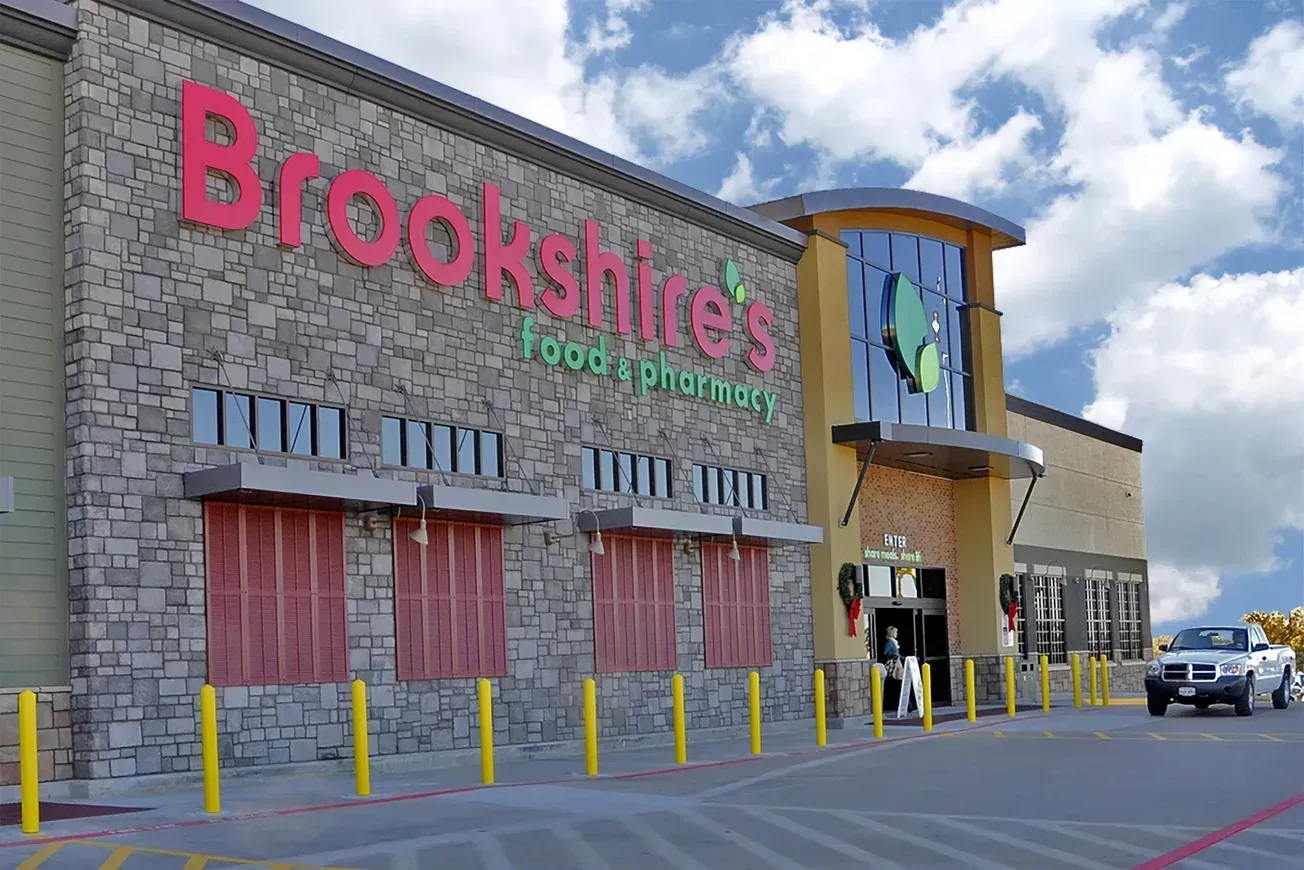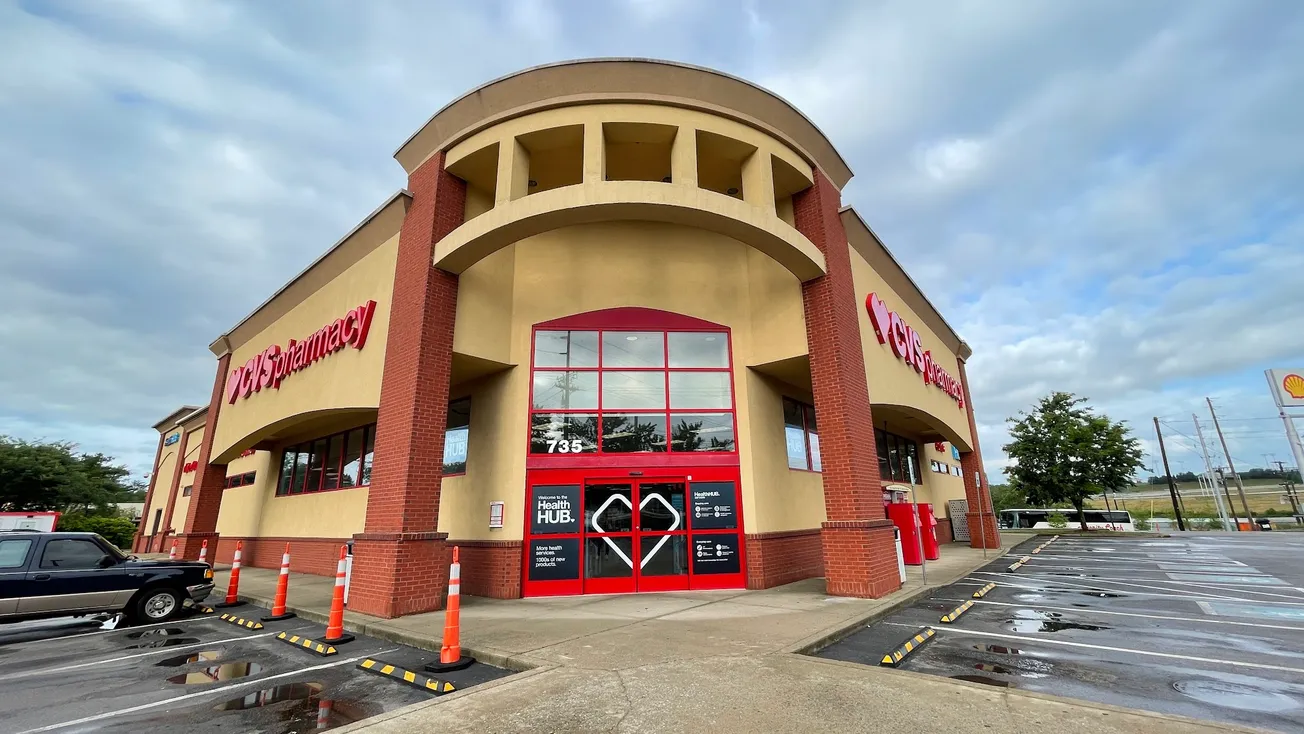Top chain drug and distribution executives give their outlook for 2023 on the following pages, detailing the challenges and opportunities that lie ahead for the industry.
Tracey Brown, President of Walgreens Retail and Chief Customer Officer, and Lee Cooper, Executive Vice President, WBA, and President of Pharmacy
As we collectively evolve from certain “pandemic era” behaviors and norms, some changes and innovations over the past 2.5-plus years are surely here to stay. We’ll continue to see the evolution and development of more omnichannel solutions; shifting consumer preferences due to inflation and supply chain dynamics; and, importantly, consumer-driven health care models that cater to the growing need for access and simplicity.
Omnichannel platform innovation creates value

Tracey Brown
Retail and shopper behavior has shifted considerably, leading to rapid acceleration of omnichannel convenience offerings. In 2023, we’ll see this acceleration continue, even while in-store shopping should regain footing to near pre-pandemic levels.
According to Forrester, 75% of total U.S. retail sales in 2023 will occur offline, and Nielsen reports that more than one-in-five shoppers plan to shop in-store when picking up or returning a prior online order.
To continue to meet shopper needs and expectations, we’ve prioritized omnichannel and convenience offerings, while continuing to transform the Walgreens in-store experience. We recently launched another industry first, as the only health and wellness retailer to offer round-the-clock 24/7 delivery of retail products in as little as one hour. This differentiated offering builds upon other services we’ve provided, including 30-minute and one-hour delivery, as well as same-day delivery for eligible prescriptions and free one- to two-day delivery on eligible prescription refills.
Supply chain
It’s impossible to discuss the future of retail without addressing the current supply chain environment. While supply chains have always been vulnerable to disruption, the global pandemic, staffing challenges and international unrest have led to myriad obstacles. While companies work to reduce risk of exposure from these factors and diversify suppliers, some global disruptions are likely to persist in 2023.
For consumers, this has also driven new behaviors — such as shopping at different retailers, trying new brands and experimenting with alternative products and solutions. According to McKinsey, 77% of consumers have tried new shopping behaviors in the pandemic era, primarily driven by the need for value, convenience and availability.

Lee Cooper
We’re proud that our team has in many ways led the market in availability and agility, despite these challenges. With our diversified supplier base, a commitment to primarily sourcing and manufacturing products domestically and our dedicated team of analysts, we’ve had less exposure to these disruptions, allowing us to continue as a reliable health care, wellness and essentials destination at a time when our customers have needed us most. While we haven’t been immune to isolated outages, we have continually delivered in sourcing hard-to-find products such as hand sanitizer, face masks, toys, over-the-counter products, prescription medications and more. However, there’s more to do, and we’re in a multiyear journey to elevate our efforts to further diversify our supply chain and ensure we can continue be a trusted community health care destination for years to come.
Inflation
Inflation continues to impact shopping behaviors, with more consumers prioritizing value and growing numbers turning to private label brands and generic prescription medications and increasingly leveraging savings and reward programs. According to Insider Intelligence, nearly 80% of U.S. adults say they have purchased or would purchase private label personal care, pantry, apparel and other goods.
The effects of these shifts will echo for years as shoppers normalize new habits, come to trust high-quality private label products even more and build loyalty with retailers that help them save.
Our approach is to empower shoppers to maximize health and wellness resources while driving cost savings, as we refine and innovate our differentiated owned-brand products and saving solutions such as myWalgreens, which includes the myWalgreens Credit Card, Walgreens Cash rewards and more.
Health care destinations
Perhaps nowhere is consumers’ need for access and affordability more evident than in health care, and we expect the growing range of services available at retail not only to continue but to grow significantly. In fact, Forrester predicts that retail health clinics will double their share of the primary care market in 2023.
As we at Walgreens increasingly focus investments on reimagining local health care more broadly, we’ve opened more than 150 VillageMD clinics co-located at our stores, and we are on pace for 200 by the end of 2022. In this modern model, our pharmacists are even more instrumental in care coordination to help improve outcomes and lower costs. Pharmacists are also working closely with health advisors at a growing number of Health Corners we’ve opened in-store, with advisors specially trained to support patients on critical elements of their health management.
Industrywide, pharmacists are playing a more important role than ever before. Their incredible work throughout the pandemic, including vaccine administration and testing, reinforces their importance as accessible and trusted community health care providers. With efforts such as provider status legislation, we can expect pharmacists to be an increasingly vital part of patients’ care teams.
For the in-store experience, we’re continuing to make investments in pharmacy automation and other technologies so that pharmacists can spend more time providing clinical services and counseling patients. We’re also laying the groundwork for new areas of pharmacist care, including testing; treating routine illnesses; and comprehensive care for chronic conditions such as diabetes and asthma, all with the goal of solving adherence barriers and supporting health equity.
This is just part of the foundation for what will be the pharmacy of the future at Walgreens stores.
Eyad Farah, President, Health Mart & Health Mart Atlas
As we look toward 2023, we celebrate our pharmacy teams for everything they accomplished during the past two years and their continued impact as we face a tripledemic. But we must also capture this momentum and continue to elevate the role pharmacists play in people’s lives. Whether it’s enhanced clinical offerings, how pharmacies stock their shelves or the patient experience — it’s time we evaluate and strategically move forward to build a brighter community pharmacy future.
Generics offer relief on consumers’ wallets
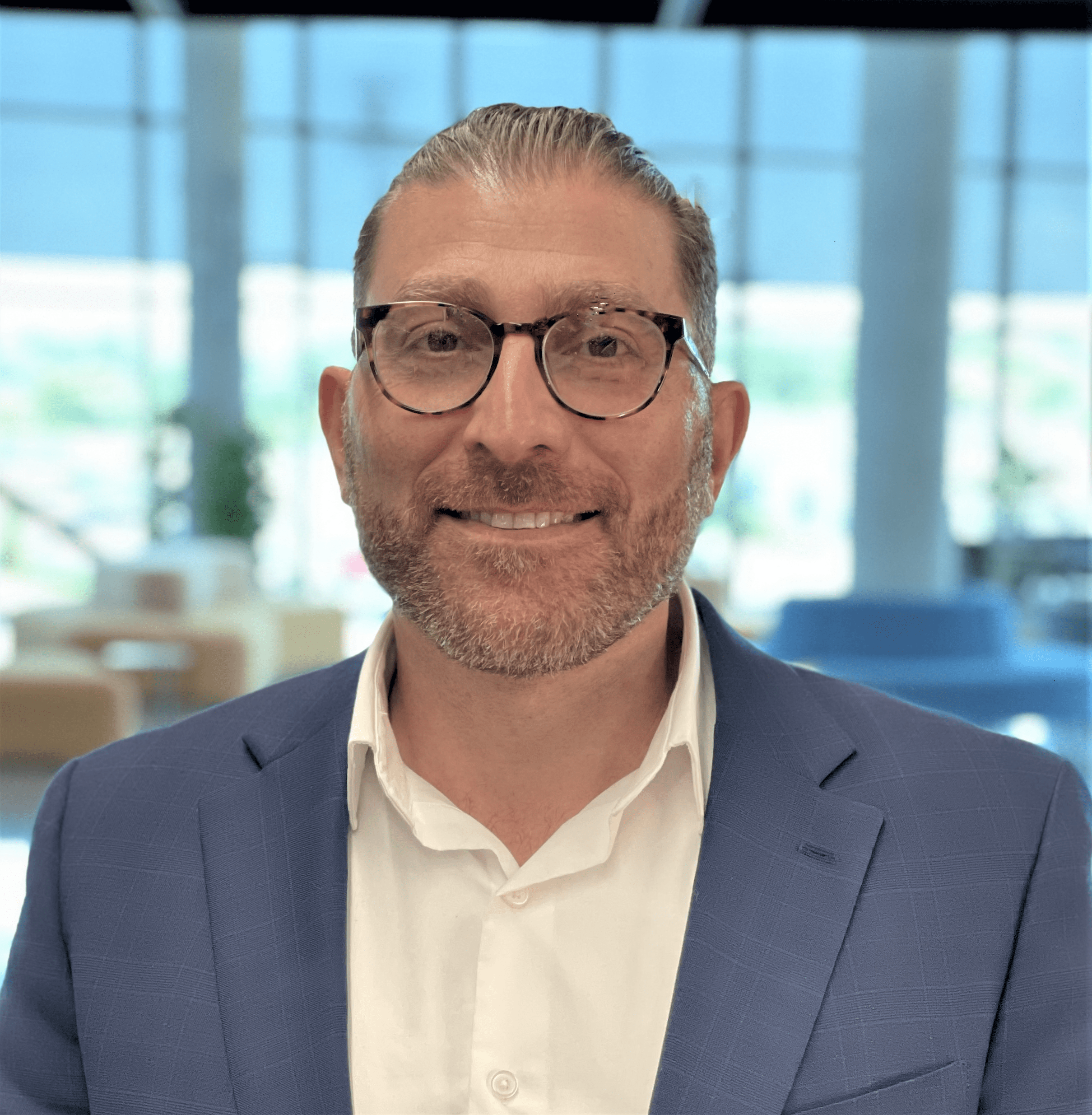
Eyad Farah
As we see positive momentum in communities recovering from the pandemic, economic pressures are now building. A recent study by Coresight Research suggests that consumers are beginning to pull back on expenses as prices continue to increase across all categories; however, spending has not dropped at pharmacies and drug stores. We expect consumers will begin to look for cheaper alternatives for prescriptions and over-the-counter products, via generics and private label products. McKesson is proud to offer more than 22,000 distinct, active generic drugs and generic drug raw materials in our product catalog. Our extensive purchasing and distribution services enable us to meet the growing demand for low-cost generic drug alternative prescription medications.
Pharmacy as a destination of care
The Coresight Research study also shows that while some consumers will delay nonacute health care, about one-third will look to get the care they need from pharmacies as opposed to hospitals and doctors. As such, consumers and federal health care organizations like the Food and Drug Administration widely recognize a pharmacist’s role in the care continuum.
With this public recognition, now is the time to explore innovative services and solutions that help pharmacies become destinations of care beyond dispensing. To be able to focus on providing the best patient care and growing their business, pharmacy owners need a strong partner like Health Mart — a pharmacy franchise program that is part of McKesson — to offer solutions to help pharmacies operate efficiently, optimize margins and add sustainable clinical services. As the nation’s largest network of more than 4,600 high-performing independent pharmacies, Health Mart is dedicated to looking at all aspects of pharmacy operations and being intentional about exploring new tools and finding the right solutions for our community pharmacies. In fact, Health Mart is proud to start 2023 with a new partnership with Lucid Hearing to offer diagnostic tools and training to pharmacies plus access to over-the-counter hearing aid products and accessories.
Earning fair reimbursements
As community pharmacies begin to expand their offerings of patient and clinical services, McKesson is dedicated to helping pharmacies get fairly reimbursed for the care they provide patients. Community pharmacy owners need a clear understanding of revenue and shifting reimbursement models including cost-plus alterative models and payment for pharmacist services. Through Health Mart Atlas, McKesson’s pharmacy services administrative organization (PSAO), we are able to monitor reimbursement, effective rates, pharmacy performance and DIR fees to provide better transparency and reporting to pharmacies. With changes coming in the Medicare Part D space for 2024, it’s important that pharmacies plan ahead for the potential cash flow implications and also accrue for 2023 DIR collections where applicable.
Continued momentum for provider status legislation
Lastly, we have seen strong progress on provider status for pharmacists, and we expect this to continue in 2023. This may finally be the chance to create a permanent reimbursement and revenue stream for provider status. The Equitable Community Access to Pharmacists Services Act (H.R. 7213) would create a direct reimbursement mechanism to pay for pharmacists’ pandemic services provided to Medicare beneficiaries and create a payment mechanism for emergency response services.
We are dedicated to advocating for the industry — for our customers and noncustomers alike — for reliable product access and fulfillment, participation in profit-driving health care solutions at scale, and the ability to practice at the top of their license. With the industry expertise of Health Mart plus the scale of McKesson, we’re working to help strengthen the overall health of pharmacies and elevate the role they play in people’s lives.
Jennifer Zilka, President, Good Neighbor Pharmacy, AmerisourceBergen
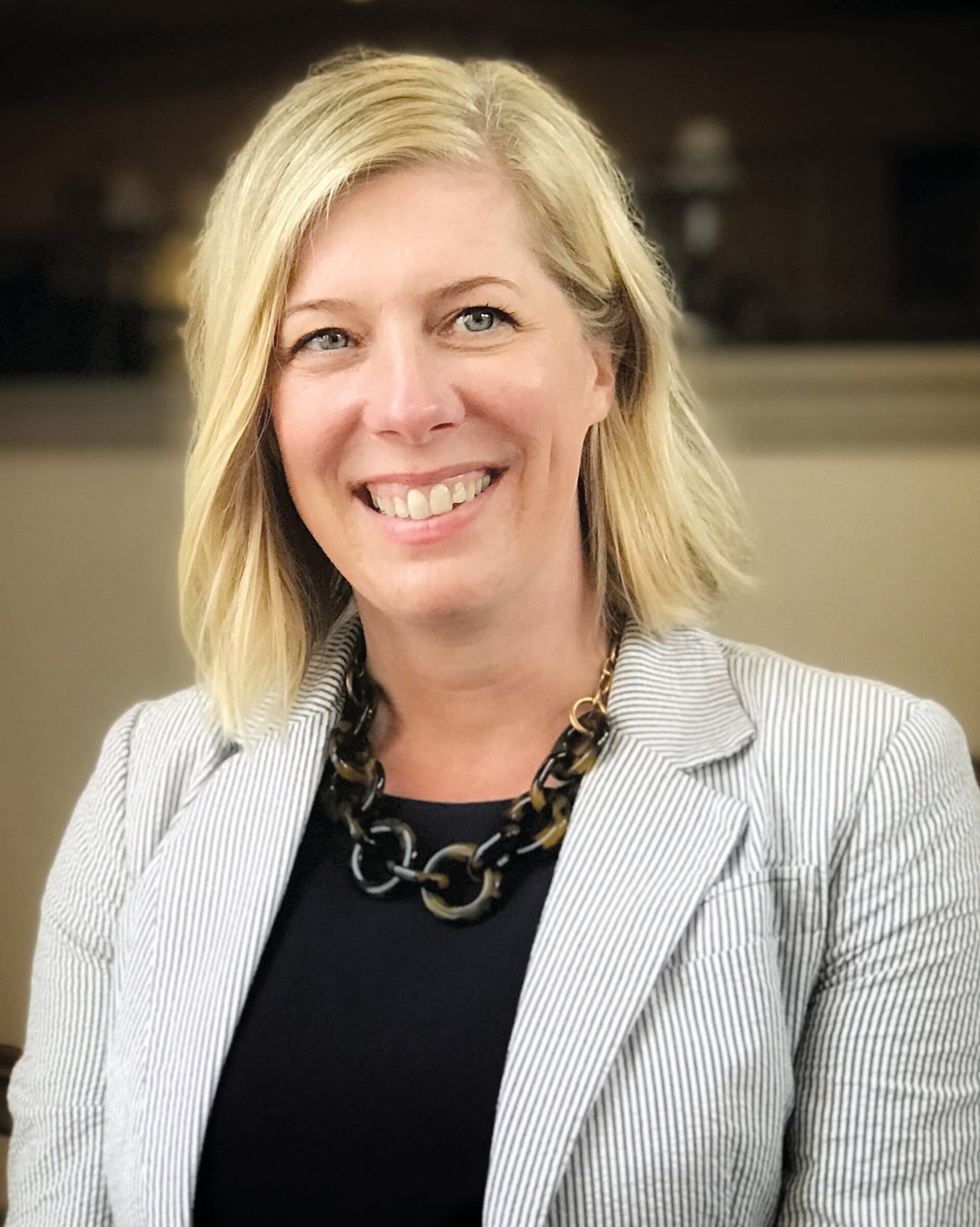
Jennifer Zilka
The past few years have cemented what we have always known: Pharmacies play an integral role within the health care system. Over our 40-year history, Good Neighbor Pharmacy (GNP) has supported community pharmacy customers through many changes as the industry has continued to evolve. And that support has never been greater — from helping pharmacies stand up COVID-19 testing capabilities to providing access and support for vaccinations and antivirals, we continue to be there. Looking to 2023 and beyond, we are focused on supporting independent pharmacies as they harness the incredible momentum that they have rightly acquired over the last three years. Specifically, we want to invest in them and bring solutions and services that allow them to do what they do best: deliver exceptional care in their communities.
Addressing health disparities is an area that our customers are championing locally. And, of course, health disparities have existed within many populations long before the coronavirus rocked our world; however, the pandemic brought them to the forefront, showing how widespread the problem of health inequity is in our society. And the pandemic showed how independent pharmacies across the United States have been on the vanguard of addressing these issues and providing access to care in their local communities.
At GNP and AmerisourceBergen, we believe that advancing health equity must start at the community level — and we believe wholeheartedly in the work our pharmacy customers have been doing to close gaps in care for decades. At its core, equity is about building a community where everyone can thrive and where every individual has a fair opportunity to receive the medicine, vaccines and treatments they need to live a healthier life. In our eyes, pharmacies are well positioned to lead this charge — and they have been long before the pandemic, and they’ll continue well beyond it. They are highly trusted, they are accessible, and they are ingrained in their communities. In fact, in the United States, 90% of the population lives within five miles of a pharmacy — and recent research suggests that most patients see their pharmacist more often than any other health care provider.
However, there are more actions the health care industry and government agencies need to take to support community pharmacies in their endeavors. We need to rally behind pharmacies who have been working tirelessly for years to ensure equitable health care access in every neighborhood.
To support their ongoing work, GNP has made substantial investments to provide tools and resources that assist our customers in providing equitable care for those in their communities, especially those underserved and socially vulnerable patient populations. There is a tool available to our community pharmacies that gives them a better understanding of their market outside of their four walls. So, at a glance, stores can see what is being prescribed in market along with their customer demographics, allowing them to tailor their services to serve their existing customers and attract new ones in the surrounding neighborhood. For example, based on the insights, a pharmacy could offer additional services, add educational materials in multiple languages, stage new or different health care events, all to tailor their practices even more to their local communities and give them a competitive edge.
Together with pharmacy advocacy groups and pharmacies themselves, we are also taking steps to help increase the representation of historically underrepresented groups within pharmacy practice. We all know that diversity in the health care profession is an essential component to addressing health equity and supporting cultural competencies within diverse communities. In July 2022, GNP and the AmerisourceBergen Foundation announced the Good Neighbor Scholarship to help advance inclusion across the pharmacy industry, especially within pharmacy ownership. The scholarship supports Black and African American students pursuing a pharmacy degree. We acknowledge that this is one step, but we remain steadfast in our commitment to being active participants in this journey.
Lastly, there are regulatory limitations that must be addressed, in tandem with the solutions and services the health care industry is building, to support pharmacies’ long-term viability as local health care destinations. And GNP is championing policy that aims to preserve access to community-based pharmacies. Proposed bills such as H.R. 7213 — which was introduced to allow pharmacists to continue providing pandemic-related health services once the public health emergency ends and to create reimbursement pathways for these services in perpetuity.
As we enter 2023, there is a tremendous opportunity to invest in solutions and pass legislation that will not only help advance local, independent pharmacies as true health care destinations for communities, but help them remain competitive and viable for future generations. GNP is proud to be a strong advocate and collaborative partner with our customers as they deliver dependable, accessible, equitable care across the country.
Brad Cochran, Executive Vice President, Retail Distribution, Cardinal Health, and President, Medicine Shoppe International Inc.
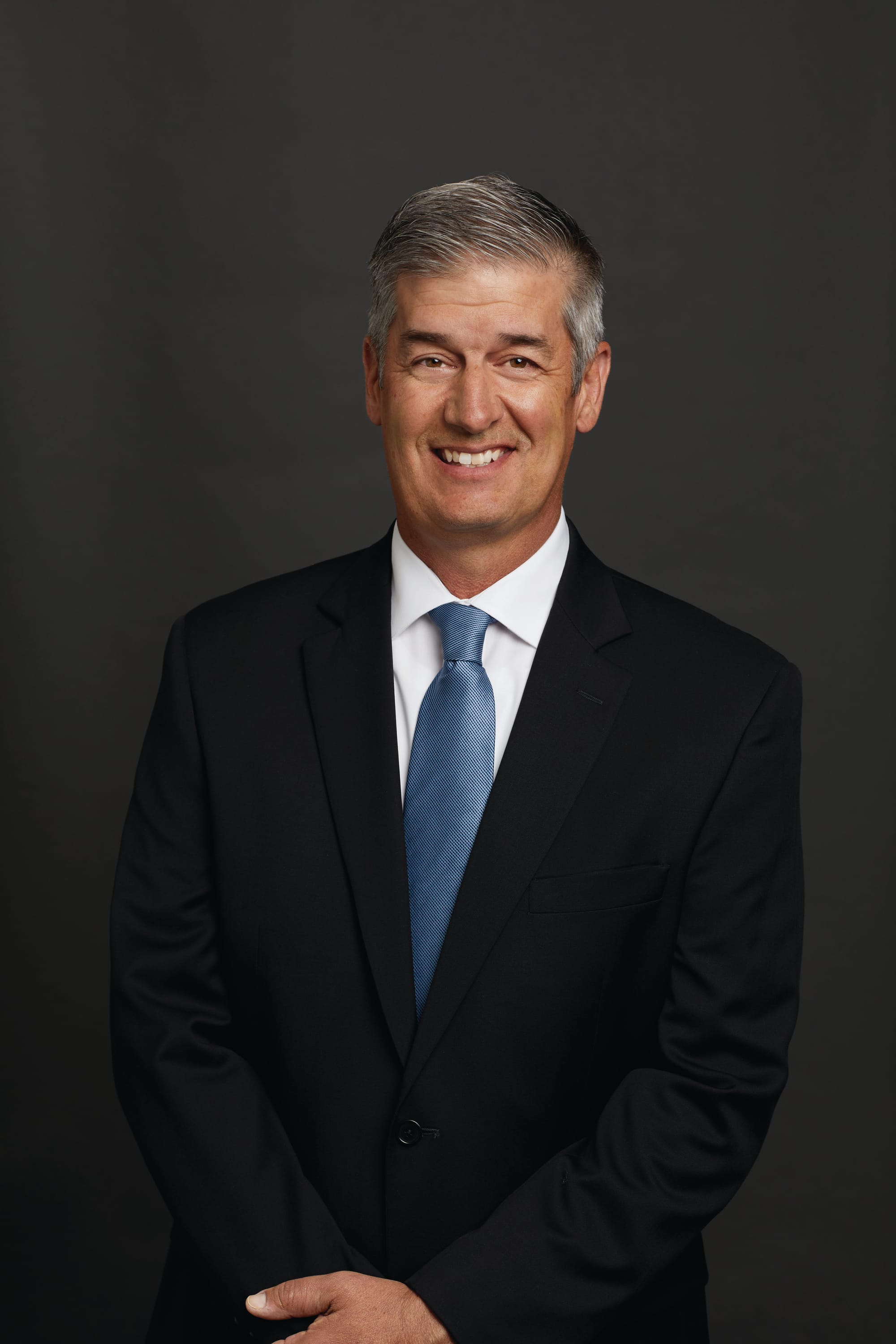
Brad Cochran
Pharmacists continue to provide critical health care services to their communities. Since taking a central role in the COVID-19 response, pharmacists have administered more than half of the COVID-19 vacations in the United States, according to the American Pharmacists Association, and are prescribing and dispensing COVID-19 therapeutics. They also have expanded their clinical services by offering immunization and point-of-care testing services to patients.
As we look to 2023, pharmacies will continue to be more involved in administering clinical care services to their patients. While consumers continue to seek better health care access and quicker and more convenient care, pharmacies can help meet those needs by offering clinical services.
As respiratory infections, COVID-19 and the flu continue to spread, getting tested at a pharmacy can provide patients a convenient option. Point-of-care testing solutions, like those offered by Cardinal Health, provide pharmacies with the resources to offer rapid diagnostic testing and wellness screening. Pharmacists can test for influenza, COVID-19, strep throat, HbA1c, hepatitis C, HIV, mononucleosis, Lyme disease, and even cholesterol. Collaborative practice agreements with physicians also give pharmacists the ability to both test and prescribe, if allowed by state regulations.
To realize their full potential, pharmacists need tools that will help them save valuable time and optimize their resources. Our Outcomes business brought together patient engagement, clinical opportunities and a streamlined workflow in the OutcomesOne platform, empowering connections across health care between payers, pharmacies and pharmaceutical manufacturers.
Through additional solutions available in our OutcomesOne Premium platform, pharmacies also can select add-on products to drive additional value through patient engagement, clinical care and operational efficiency with tools for texting, telepharmacy, scheduling or even financial insights into the pharmacy. All these offerings are designed to create one streamlined, efficient workflow for pharmacies.
In addition, our Medical Benefit Billing solution enables pharmacies to bill, track and reconcile their medical benefit claims in real time. It’s integrated with Cardinal Health’s Central Pay and Reconciliation Portal, providing pharmacists with a consolidated view of their pharmacy and medical benefit claims.
These past few years have demonstrated more than ever how pharmacies are an integral part of their communities and essential for patient care. It is important that they can continue to provide clinical services related to the COVID-19 pandemic and other infectious diseases, including after the public health emergency expires.
That is why Cardinal Health joined the Future of Pharmacy Care Coalition with the goal of expanding access to pharmacy services under Medicare Part B. Collectively, we are advocating for provider status legislation and proudly support H.R. 2713, the Equitable Community Access to Pharmacist Services Act, to help pharmacists get reimbursed for the services they continue to provide.
Pharmacists are important to their communities. Their patients know and trust them and generally see their pharmacists more than anyone on their care team, which makes pharmacies well positioned to enable care. In 2023, Cardinal Health and Medicine Shoppe International will continue to support and develop innovative solutions to help pharmacies deliver high-touch clinical services to their patients and drive value for their businesses.
For more than 50 years, Medicine Shoppe International has provided pharmacists a path to ownership that offers a strong national brand, expert pharmacy franchise consultants and a complete operating model so they can make a difference in their communities.
George Rafferty President, Corporate Partnerships, AmerisourceBergen
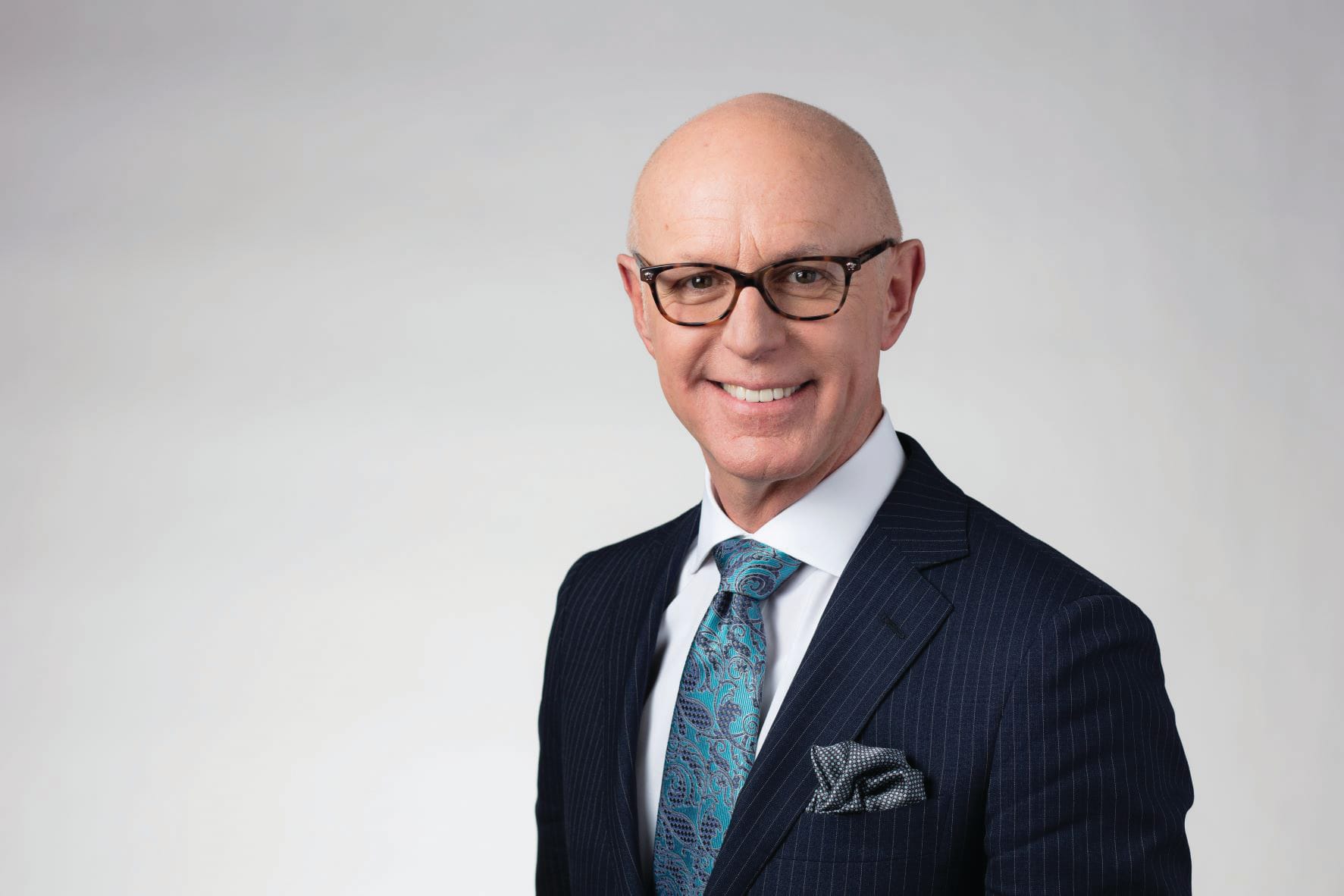
George Rafferty
Over the past few years, the pharmacy landscape has seen unprecedented transformation. In 2022, large retail pharmacies further cemented themselves in the minds of consumers as centralized health care destinations — by offering rapid testing, vaccinations, health counselling, and the prescribing and dispensing of antivirals. Of course, 2022 was not without its trials and tribulations: staffing challenges, rising labor and goods costs, supply shortages, policy and regulatory changes. But pharmacies responded in the way they know best: innovating and investing in solutions — like turning to robots to help fill prescriptions as pharmacists’ roles evolved to be more patient-focused. Pharmacies found both big and small ways to alleviate the pressures facing the industry.
To support our customers in their pursuits, our organization took a big step this year and launched AB Health Ventures, AmerisourceBergen’s corporate venture capital fund. Co-creation has long been a critical component of how the Corporate Partnerships team operates, helping to build the long-term strategic relationships that our team is known for. With the additional capabilities made possible through AB Health Ventures, we are elevating our approach to provide our partners with even more avenues to develop solutions that help them grow, acquire new patients or deepen their relationships with their current ones.
Moving into 2023 and beyond, the pharmacy landscape is primed to see some exciting developments that will add tremendous value for our customers and their consumers, and the Corporate Partnerships team at AmerisourceBergen is excited to help drive this evolution.
Looking toward the upcoming year, some areas that are primed for innovation include: inventory management; inventory consignment, where we vet different financial models to support this; short-dated product programs; and credit solutions — such as providing capital for customers which enables them to fund the additional acquisition of inventory and become more competitive. Some other areas likely to see transformations are telehealth integration, contactless delivery services such as last-mile autonomous delivery, and clinical trial support.
How is the Corporate Partnerships team strategizing to innovate in these aforementioned areas? There are three key ways my team is approaching our co-creation process. One way, which my team is already familiar with, is “build.” This takes shape in the form of utilizing existing technologies to build unique solutions for customers. For example, market factors, such as inflation and staff shortages, have made optimization an even bigger priority for pharmacies. A possible solution could involve the use of artificial intelligence (AI) or blockchain to streamline operations, and, in turn, provide better cost control and give customers a competitive edge.
A second approach is “collaboration,” which has been the fastest-growing part of innovation. Co-creation is crucial to our customer experience, and we relish any opportunity to sit shoulder-to-shoulder with our partners and get curious about their challenges and opportunities. Through this firsthand perspective, we can accelerate innovation and flawlessly meet the unique business needs and goals of each customer.
Lastly — the newest tool in our approach to innovation — is “invest.” Increasingly, we, alongside our partners, are investing in new startups that are strategic for pharmacies and critical for the viability of the overall health care ecosystem. AB Health Ventures has broadened our ability to think outside the box. This new avenue of collaboration is yet another way for us to build solutions around our customers’ specific business needs rather than working to bring them to scale.
As we look ahead to another year, the Corporate Partnerships team at AmerisourceBergen is energized about the renewed and heightened collaboration made possible by AB Health Ventures. It not only gives us the opportunity to harness the expertise and technology of the most promising startups in the industry to accommodate our customers’ existing needs but also gives us visibility into emerging solutions, which will help us anticipate what is needed in the future.
Brent Stutz, Senior Vice President, Outcomes, Cardinal Health
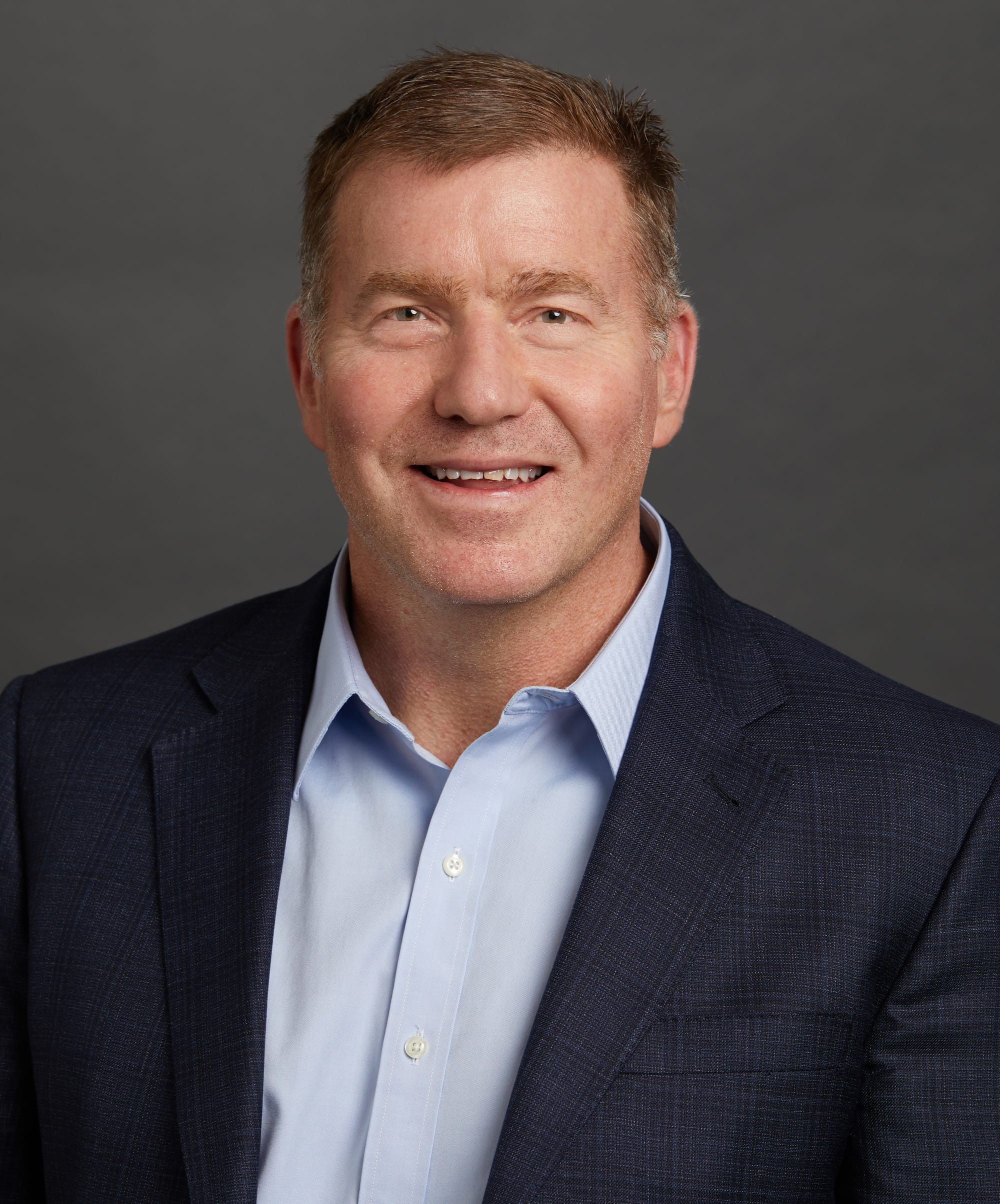
Brent Stutz
2023 marks three years since the first case of COVID-19 appeared in the U.S. Throughout the past three years, pharmacies have consistently gone above and beyond to demonstrate their value as community health care destinations like never before, and they are continuing to do so during a particularly aggressive respiratory illness season with increased rates of COVID-19, flu and RSV infections.
The strain of this ongoing high demand has taken its toll on pharmacy staff. Three out of four pharmacies experienced staff shortages in 2022 and nearly 90% say they are having trouble filling pharmacy technician roles, according to NCPA (National Community Pharmacists Association). Inefficient workflows are only adding to this stress; more than 60% of pharmacy workers say their workflow design does not facilitate their ability to perform clinical duties, according to APhA (American Pharmacists Association) and NASPA’s (National Alliance of State Pharmacy Associations’) 2021 National Pharmacy Workplace Survey.
For pharmacies to succeed in the future and continue to elevate themselves as clinical service providers, they need more efficient, streamlined, smarter workflows that will enable them to meet growing demand and dedicate the time needed perform these clinical services.
Fulfilling this need is our core mission at Outcomes. To help drive greater connectivity and provide solutions pharmacies need to thrive, we have further integrated our patient engagement, clinical and workflow tools into our unified platform, OutcomesOne. Over the past year, we have integrated additional tools into OutcomesOne to offer pharmacies one seamless experience through a single platform that eliminates the need for accessing multiple platforms and removes additional steps in staff workflows.
Through add-on offerings, pharmacies will be able to purchase additional tools in an app-based marketplace to customize OutcomesOne and design a workflow that makes sense for the unique needs of their team. These solutions will help pharmacies drive additional value through patient engagement and clinical care, and will offer greater operational efficiency with tools for texting, telepharmacy, appointment scheduling, and added visibility into financial performance.
All pharmacies using OutcomesOne will be able to generate additional revenue by participating in intervention opportunities from health plans, PBMs and pharmaceutical manufacturers. On average, 10,000 to 15,000 pharmacies are accessing these opportunities daily across our nationwide network of more than 60,000 contracted pharmacies. Through these opportunities, we are driving better patient health outcomes and demonstrating the value of leveraging pharmacies for better patient engagement.
As we emerge from the COVID-19 pandemic, many of our perspectives and daily routines have shifted, from remote work to in-store pickup, and pharmacy is not immune to these changes. Millions of patients received their COVID-19 vaccines and boosters at their retail pharmacy, and recent research from Deloitte shows that although only 10% of consumers report seeking clinical services from a retail location, more than half are likely to do so in the future. Pharmacies have an opportunity to build upon this demand for clinical services and expand their revenue through additional opportunities, but they need technology solutions to manage their workloads effectively. Outcomes is committed to developing and delivering solutions that will help pharmacies seize these opportunities to improve the health of their patients and their business.
Chris Chiew, Vice President, Pharmacy and Healthcare Innovation, London Drugs

Chris Chiew
In my 28-year career with London Drugs as a pharmacist, pharmacy manager, operations manager, general manager and current role as vice president, the past nine months have been the most challenging of my career. Even the first 12 months of the pandemic seemed to be easier to navigate than the current shortage of staff that all health care fields are experiencing. Add on the extra burden of the number of people ill with influenza and RSV; the health care field is stretched. We recognize that this staff shortage is not a quick fix. The solution is to optimize automation and fast-track central fulfillment.
London Drugs has made a multimillion-dollar commitment to building a state-of-the-art pharmacy fulfillment center within its warehouse to optimize efficiencies in dispensing medications for its patients. By co-locating, London Drugs will be able to pull pharmacy inventory only a few meters away, fill prescriptions through the day and then have warehouse staff place the completed orders in a secure truck destined directly for its brick-and-mortar stores, taking advantage of courier savings.
The London Drugs Pharmacy app will help make it more convenient for patients to order refills. When a refill is due, a reminder notification will pop up on the patient’s phone.
After the patient clicks on the app, it will ask if they would like to pick it up in-store or have it delivered directly to their home. Regardless of which delivery option the patient picks, the app will automatically forward the request to London Drugs’ fulfillment center. For patients who would prefer direct delivery to their homes, a national courier service will pick up the completed prescriptions from the warehouse, bring them to the sorting center and deliver them directly to the patient’s home.
London Drugs’ pharmacy department continues to work closely with its computer/technology department to develop differentiated services that its competitors have difficulties matching. For example, with all the health monitoring devices London Drugs offers, its pharmacists can recommend one best suited to aid in monitoring the progress of a new medication therapy or lifestyle modification for the patient’s health. But it would not stop there. London Drugs’ pharmacists would then bring the patient to the Tech department to work with a staff member to ensure the new health monitoring device is correctly paired to their device in order to help mon==itor the patient’s therapeutic process.
Most recently, London Drugs’ Tech department has worked closely with the pharmacy department and a diabetes company. The pharmacy staff would identify those who require this update to ensure the accuracy of the machine. Once identified, London Drugs would bring them to a Tech service advisor who would help download the update and ensure it works properly before the patient leaves the store.
Another primary focus is defining what the customer will expect from London Drugs’ store layout 15 years from now. How can a more patient-centric experience be created? How can London Drugs be at the forefront of the intersection of health, wellness and technology; health innovation; and health literacy for the next decades? With these questions in mind, the most recent relocation resulted in a very different layout that brings Tech, Pharmacy and Cosmetics departments next to each other.
The need for pharmacy and Tech to be next to each other has already been noted above. London Drugs noticed that more cosmetics companies are involved in pharmaceuticals to help treat various skin conditions such as eczema, so having the Cosmetics department next to the pharmacy made sense.
Tasha Hennessy, Chief Operating Officer, Genoa Healthcare
Pharmacy emerged as a critical touch point in health care over the past few years, and it will continue to evolve as the role of the pharmacist expands. Throughout the COVID-19 pandemic, pharmacy teams became knowledgeable and accessible resources for consumers and were essential to vaccination efforts. As key partners in the delivery of care, pharmacists are in a unique position to drive positive behavioral changes and improve clinical outcomes in 2023.
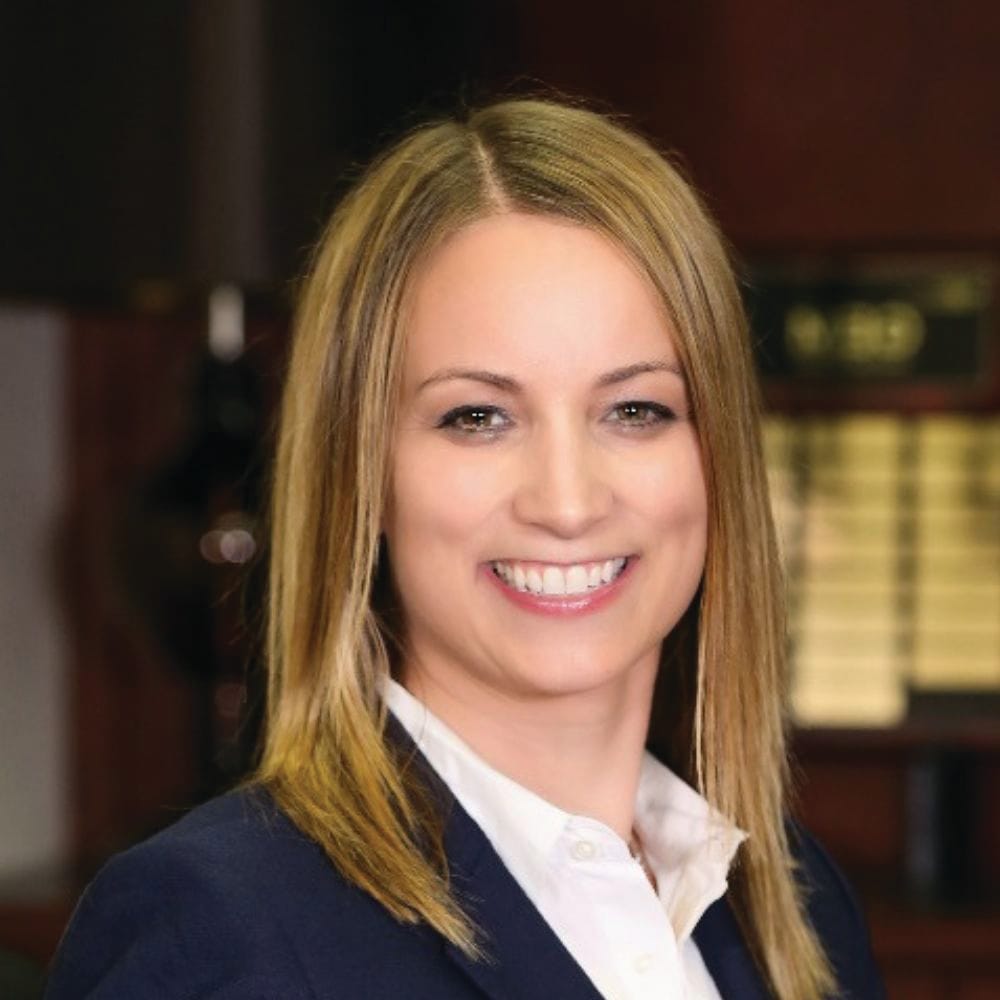
Tasha Hennessy
Mental illness is at an all-time high across the country. More than ever, we have a need for specialized pharmacy services that bridge the gap of care and treatment for people with mental illness and substance use disorders. Located on site within behavioral health clinics, Genoa Healthcare pharmacies partner with clinic teams to integrate services that align with their work models. Our pharmacists free up time and resources for clinic staff by providing immunizations, medication counseling and — where regulations allow — administering long-acting injectable (LAI) treatments so providers can focus their attention on serving patients’ needs. These partnerships strengthen our ability to provide comprehensive care for consumers and equip us to meet the rise in demand together.
In 2022, Genoa served more than 850,000 people and opened more than 60 new pharmacies nationwide — increasing the number of people and communities with access to quality pharmacy care. We are committed to continuing these efforts as we identify new ways to bridge gaps in care caused by transportation, misinformation, lack of trust and affordability. For example, this year Genoa focused its flu immunization efforts on communities with historically low vaccination rates due to health inequities. The initiative to make improvements in health equity allowed our pharmacists to provide thousands of no-cost flu immunizations to those who were uninsured while, at the same time, addressing additional barriers to care, build trust with consumers and learn more about pharmacy needs. Looking ahead, pharmacists’ role in providing access to life-saving immunizations will be critical to ensuring high-quality, accessible care for medically underserved communities.
Genoa’s priority remains ensuring all our consumers have access to their medications and the resources they need to stay on their treatment plans. In the new year, we will be expanding this care beyond the behavioral health space by using our on-site, comprehensive pharmacy care model to help those with other complex conditions, like HIV. Much like the behavioral health space, the role of the pharmacist in providing support for increased adherence and continuity of care can improve the quality of life for those living with HIV and other complex conditions. After several years of change for the health care industry, the importance of community pharmacy as an accessible point in care will remain a focal point in the industry yet again this year. With more than 670 pharmacies nationwide, Genoa Healthcare is ready to help, and we look forward to making a big difference in even more communities in 2023.

